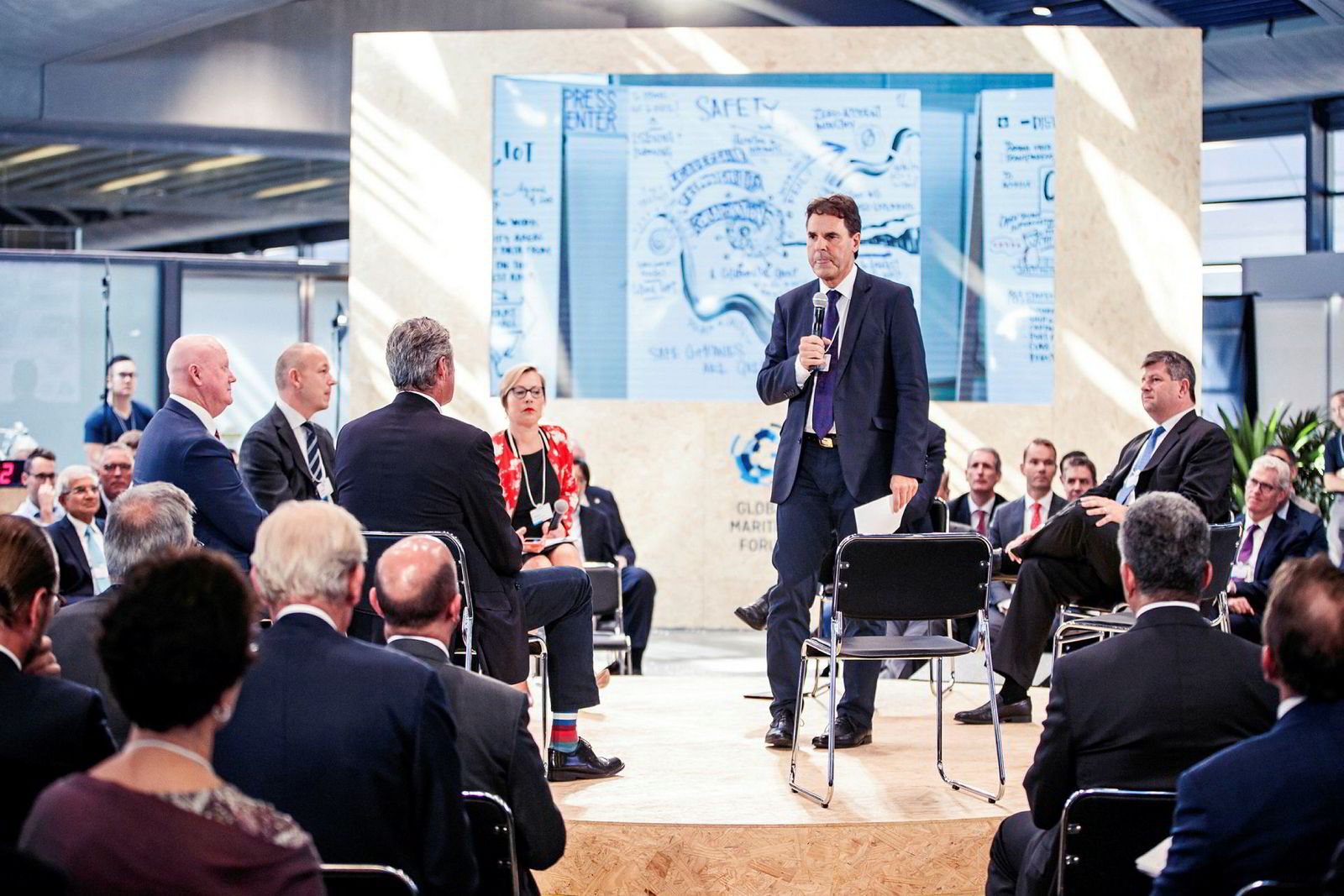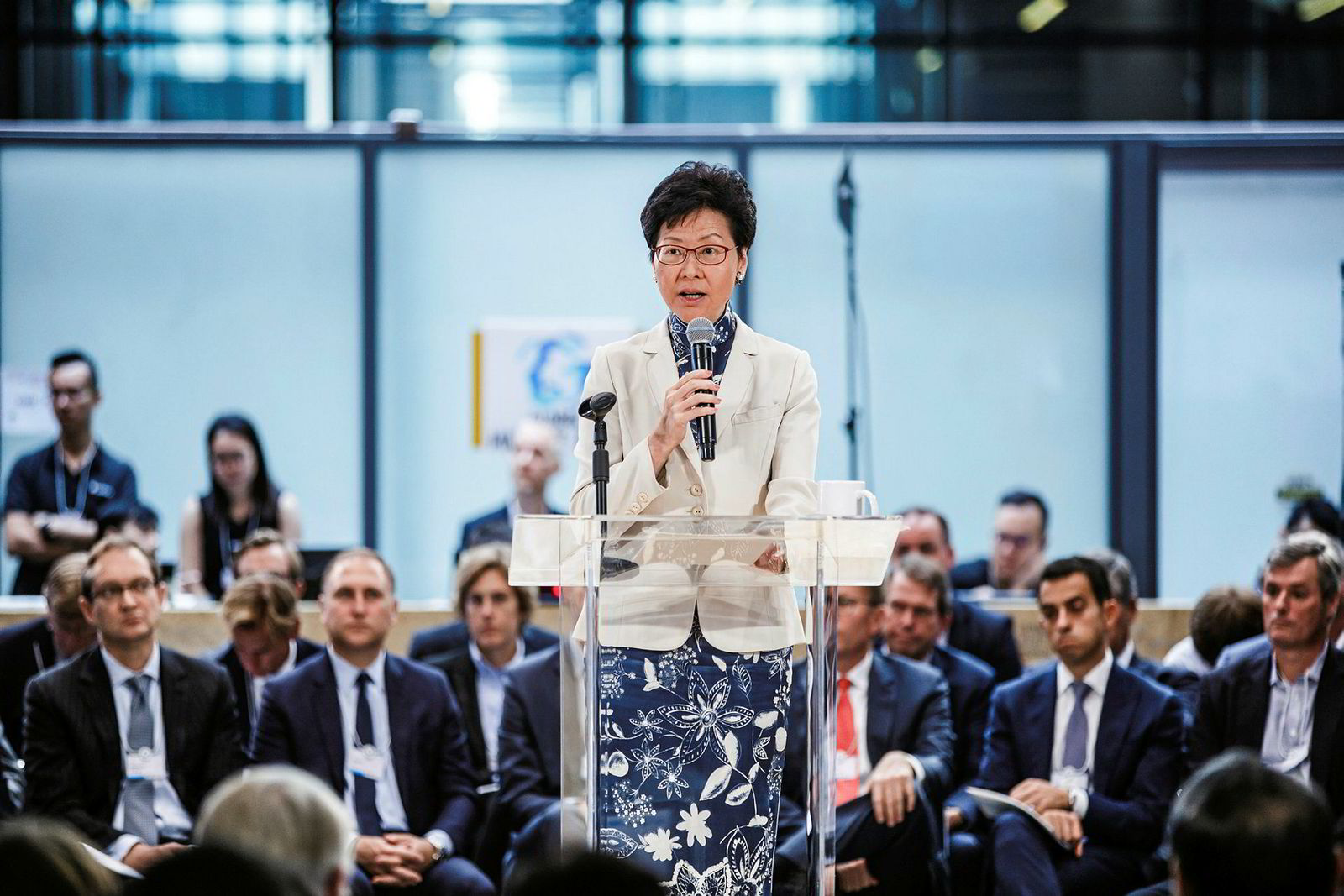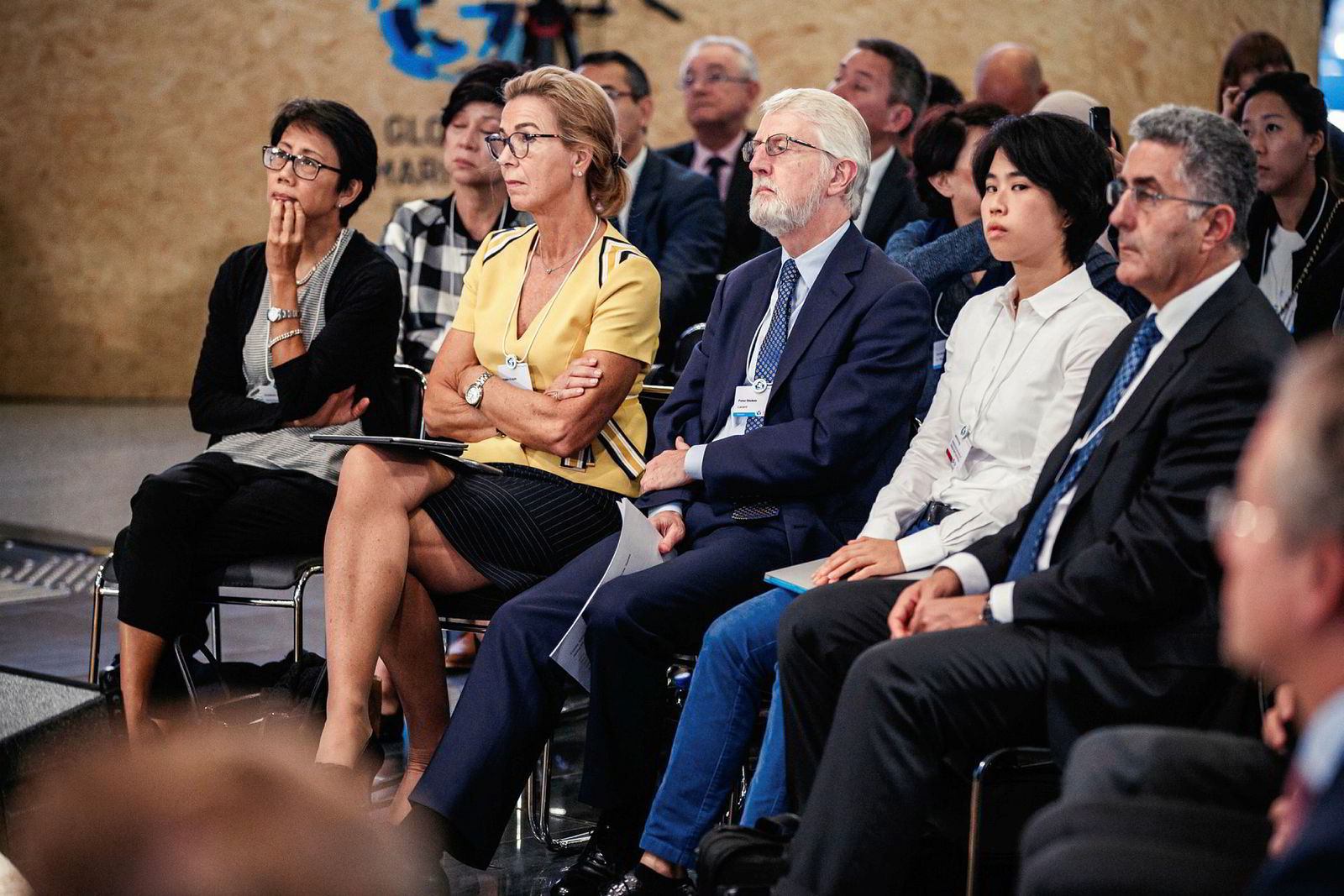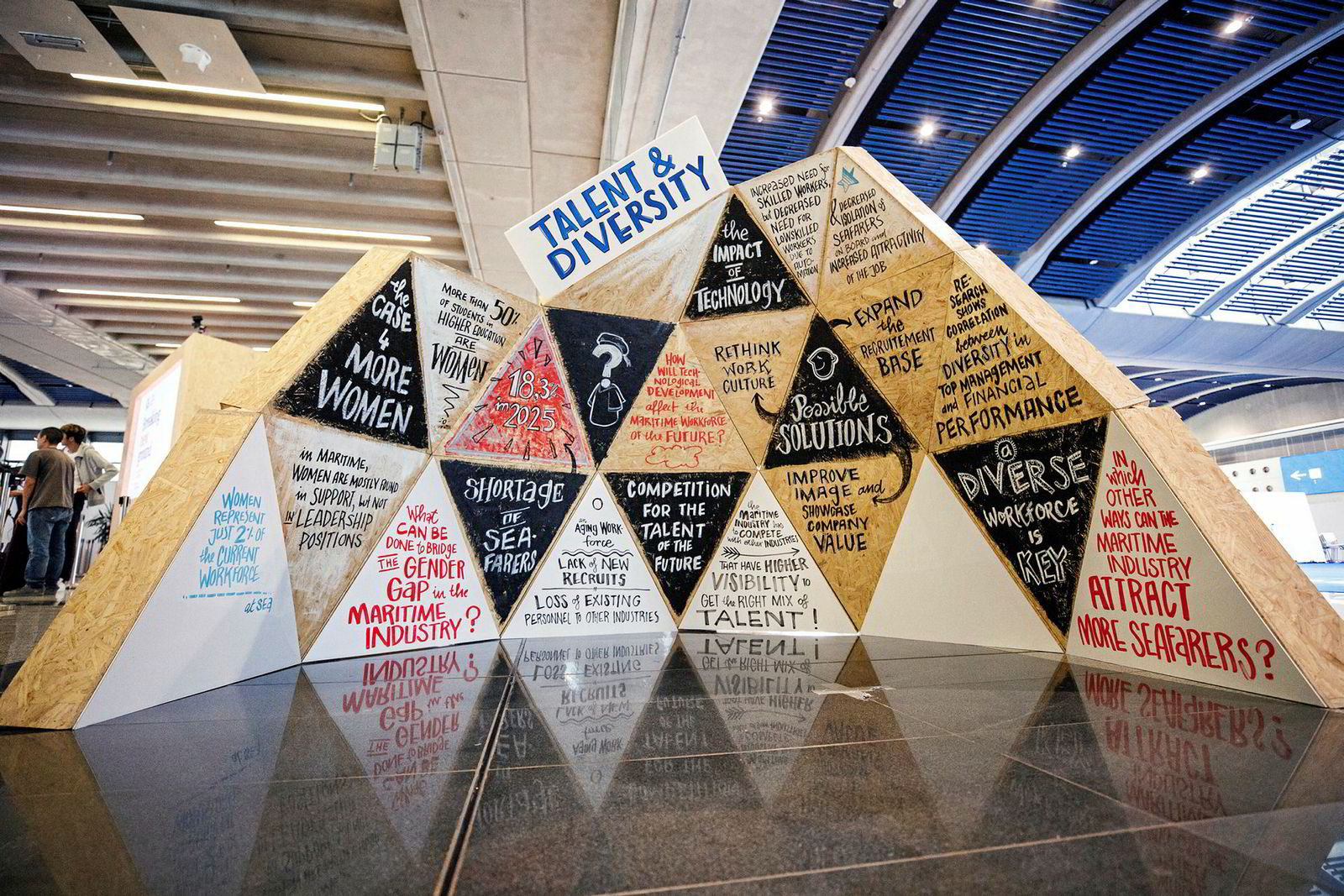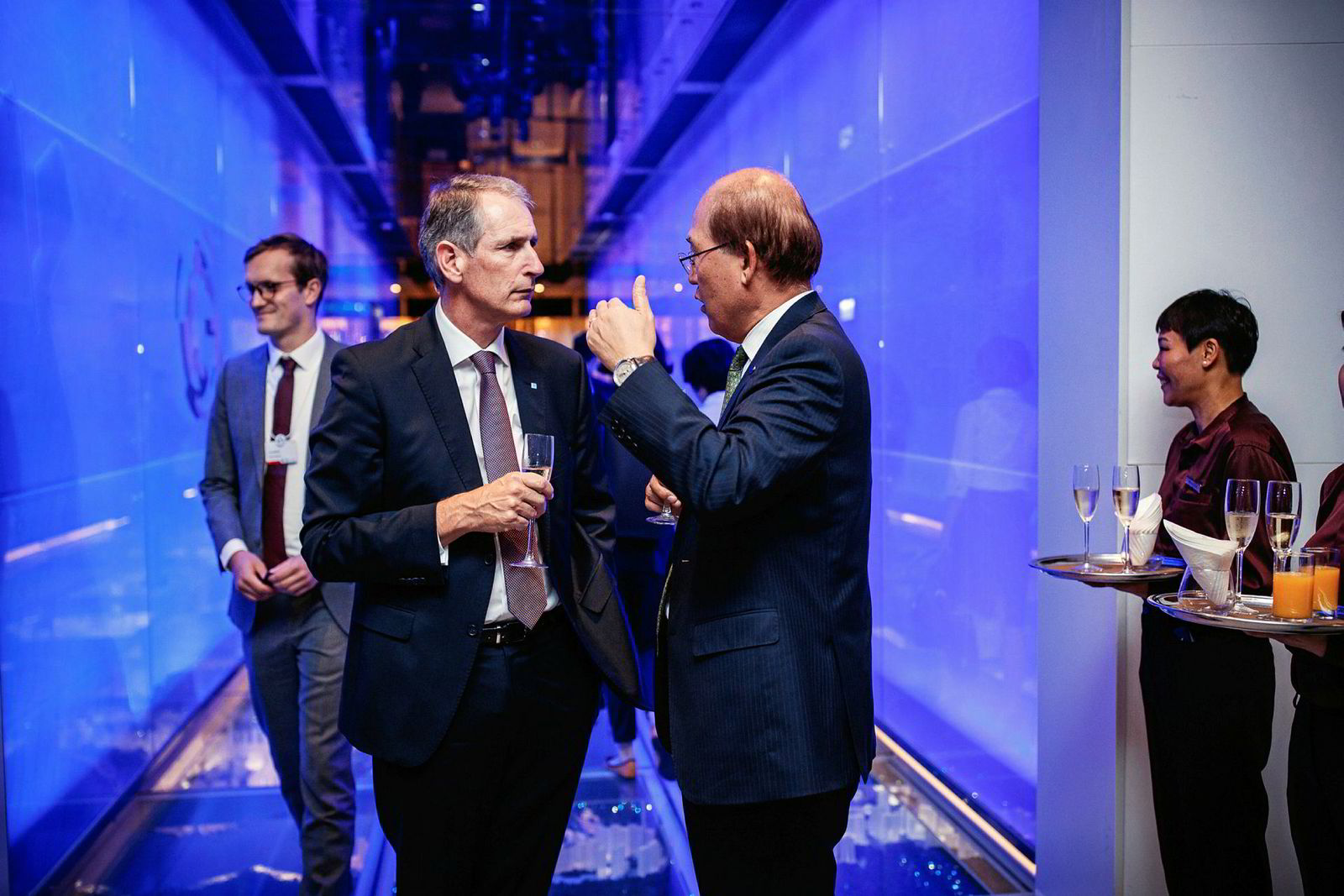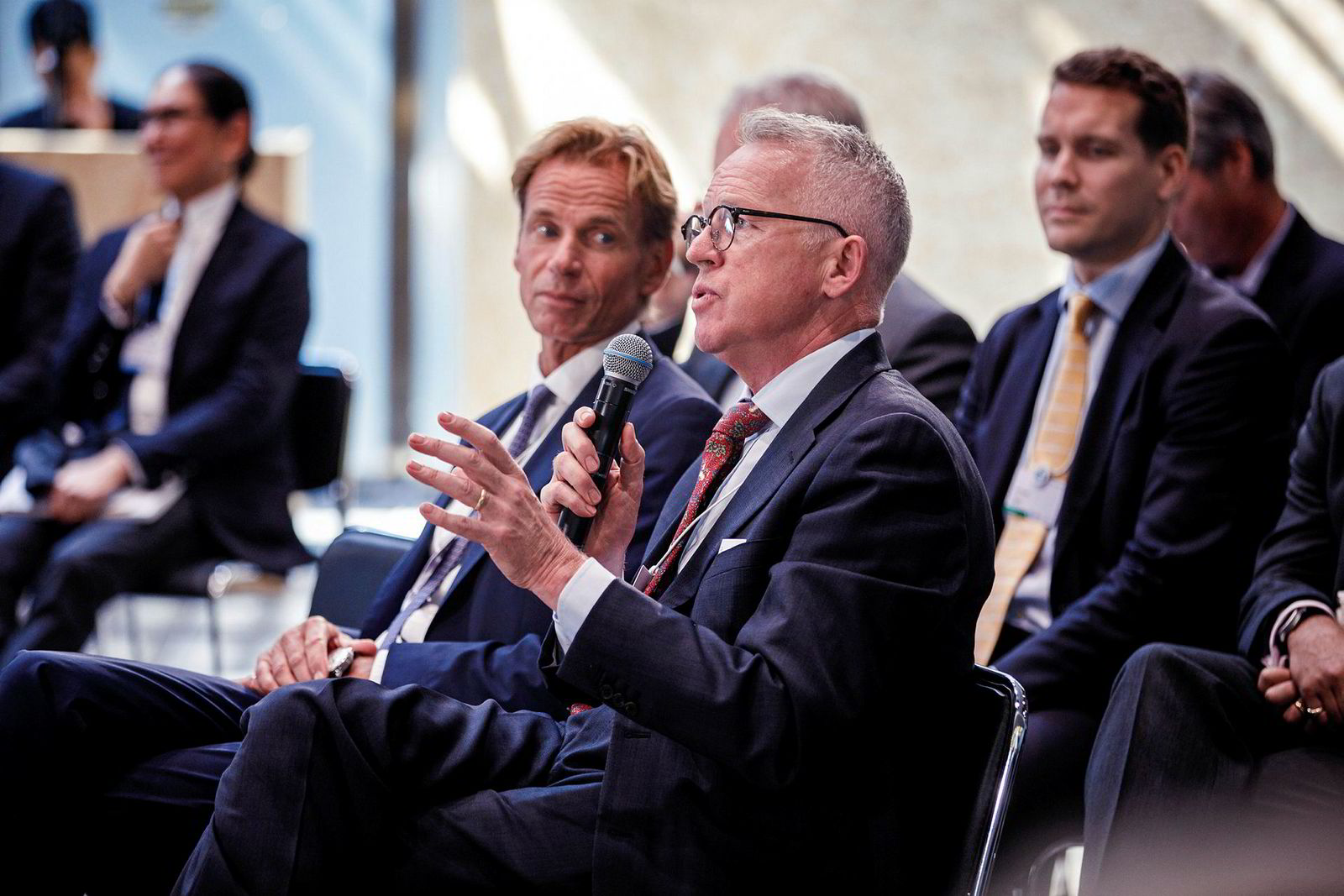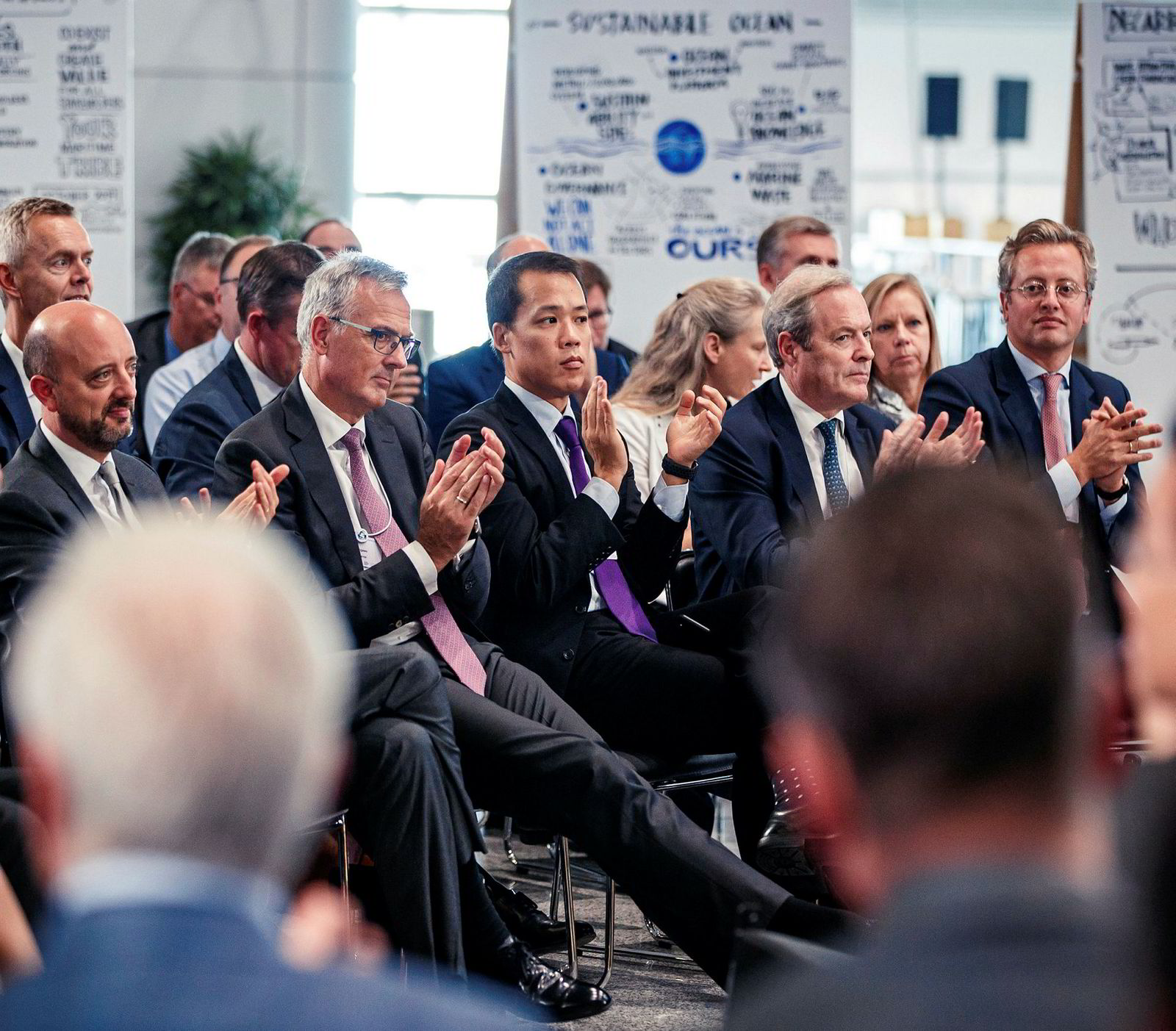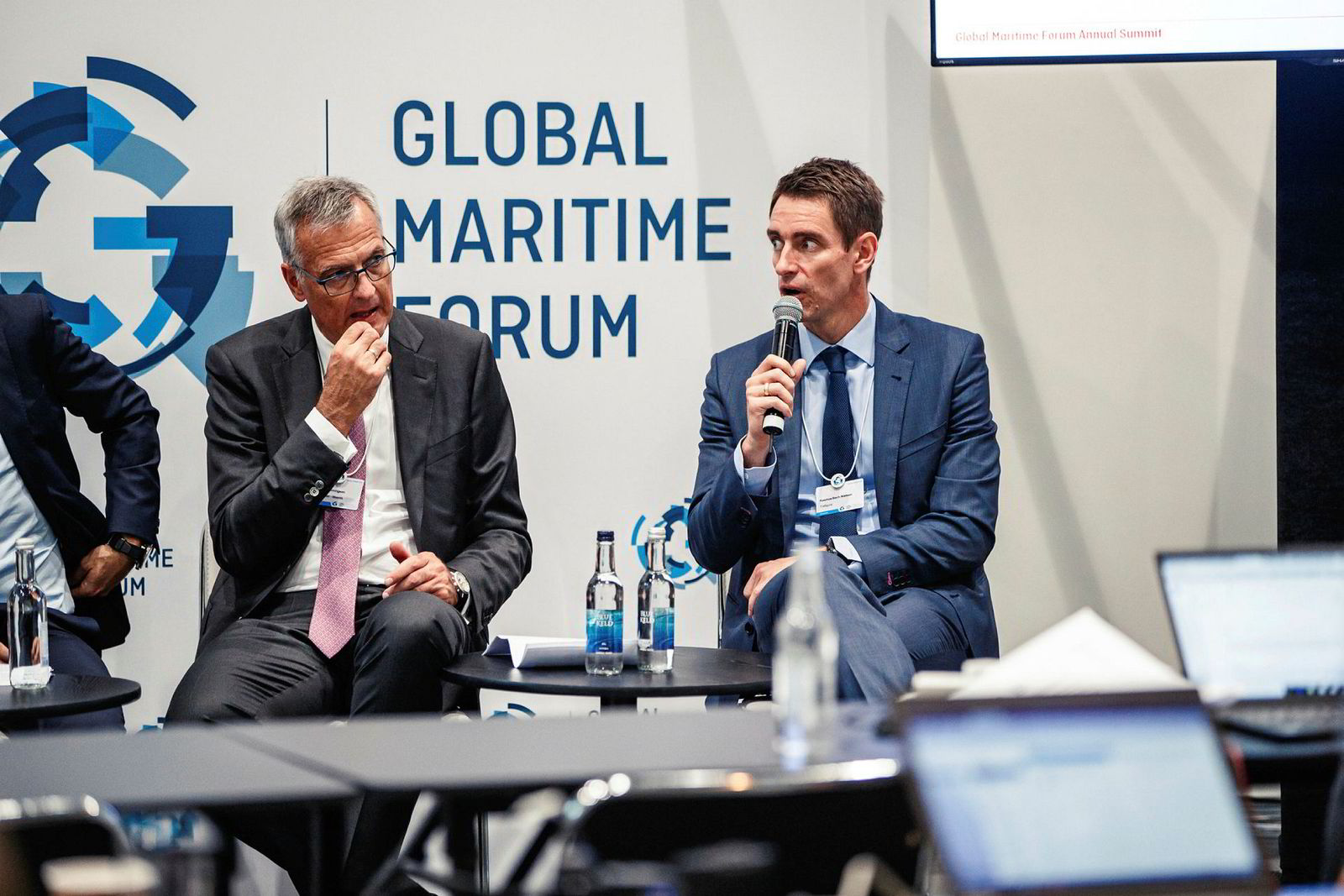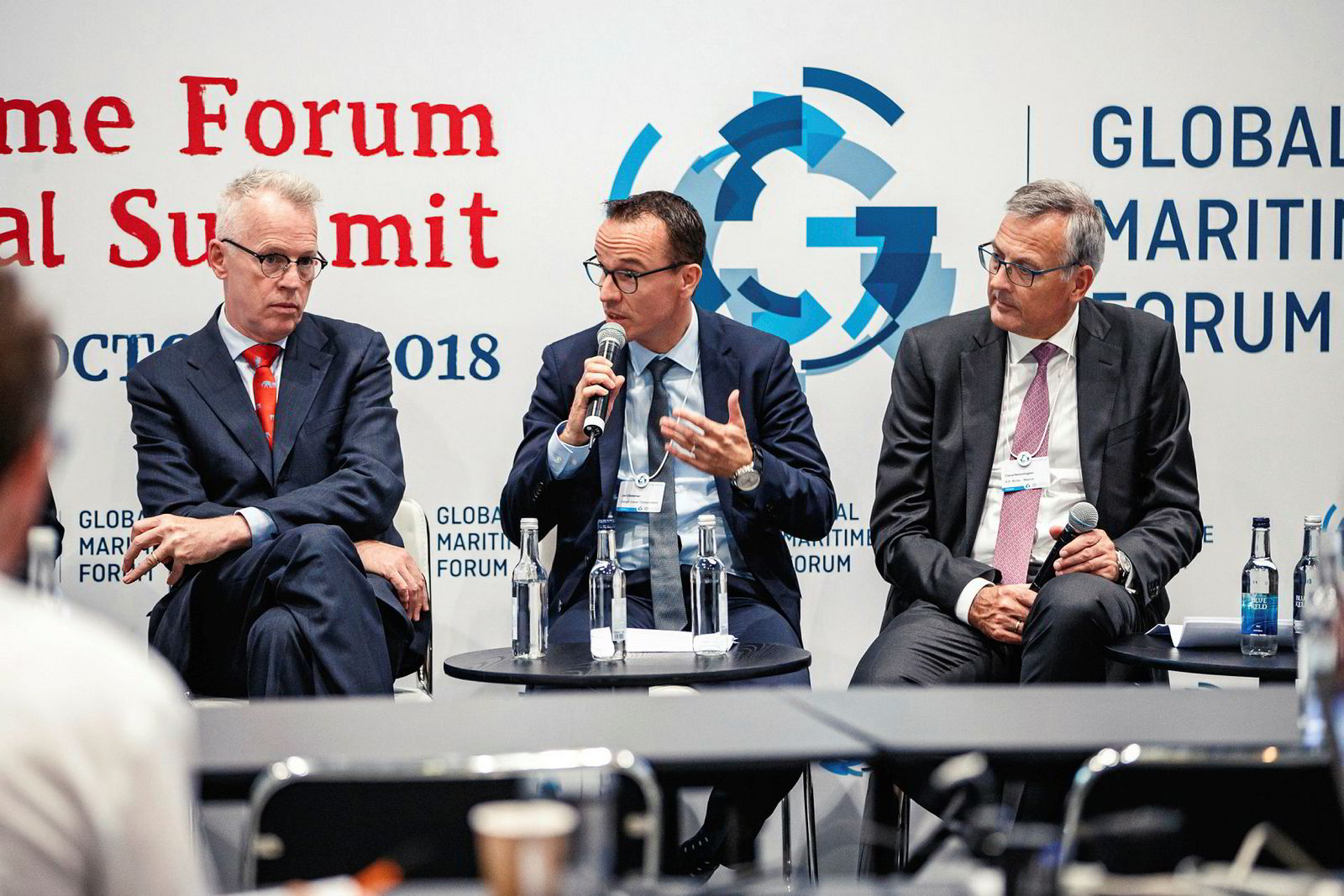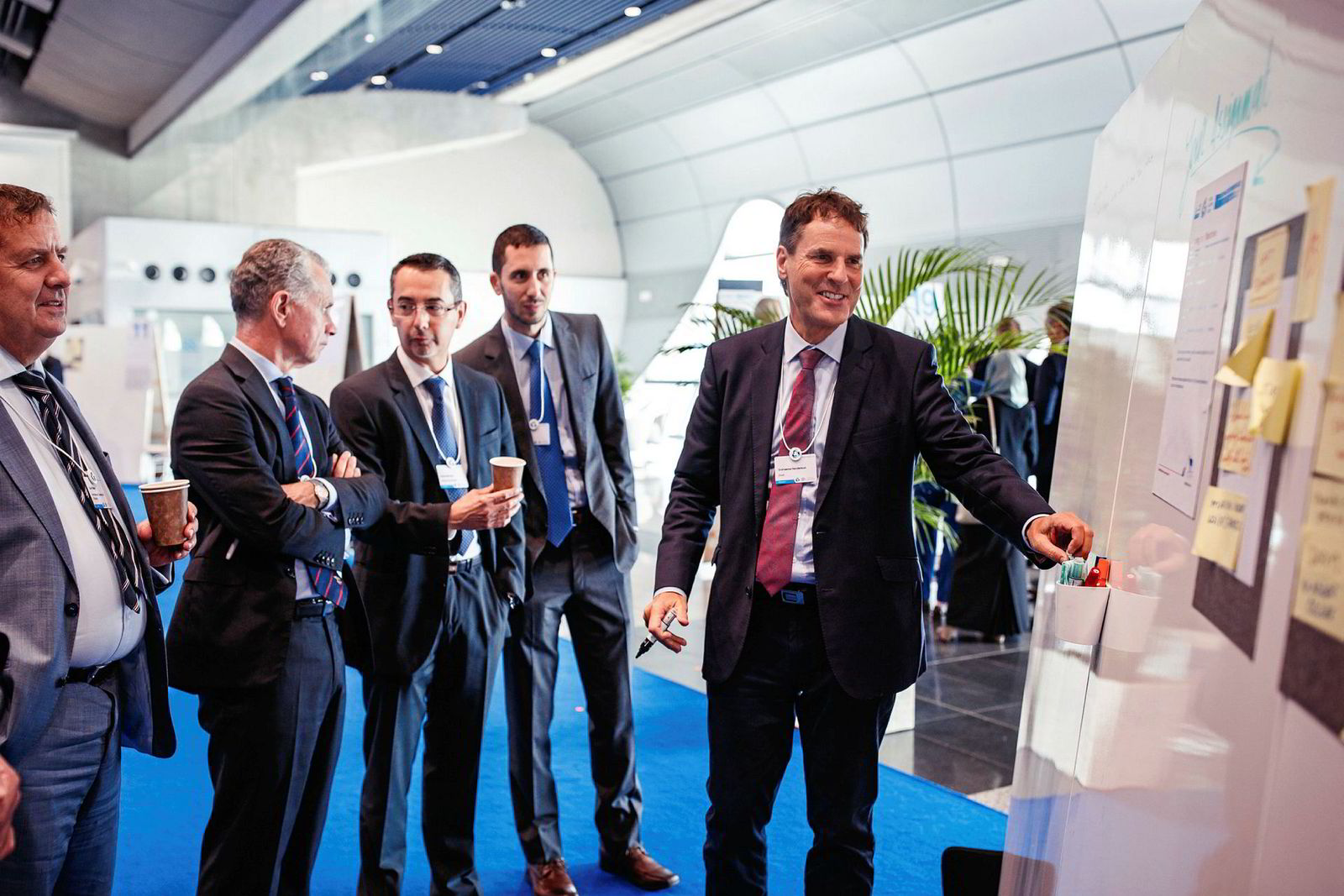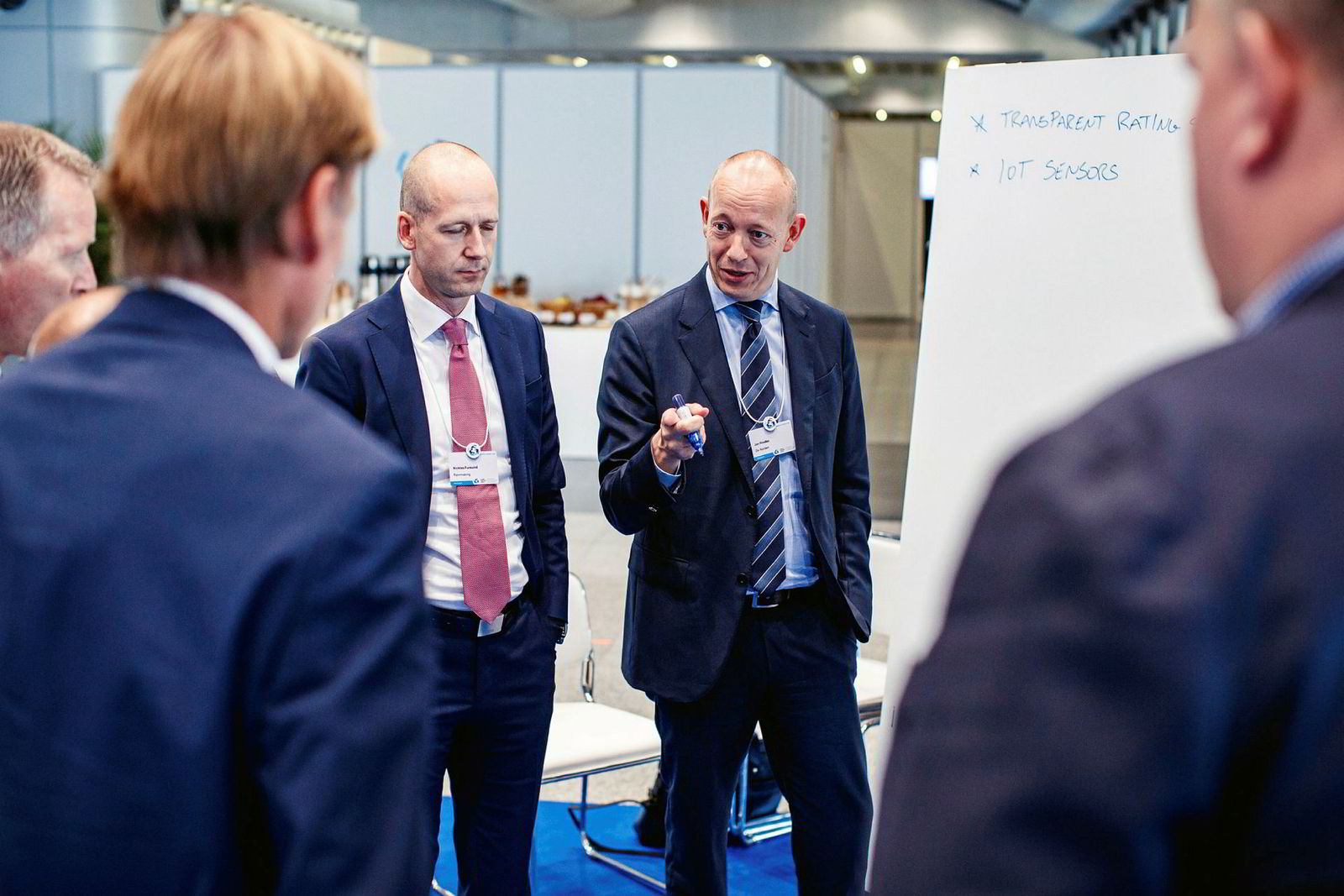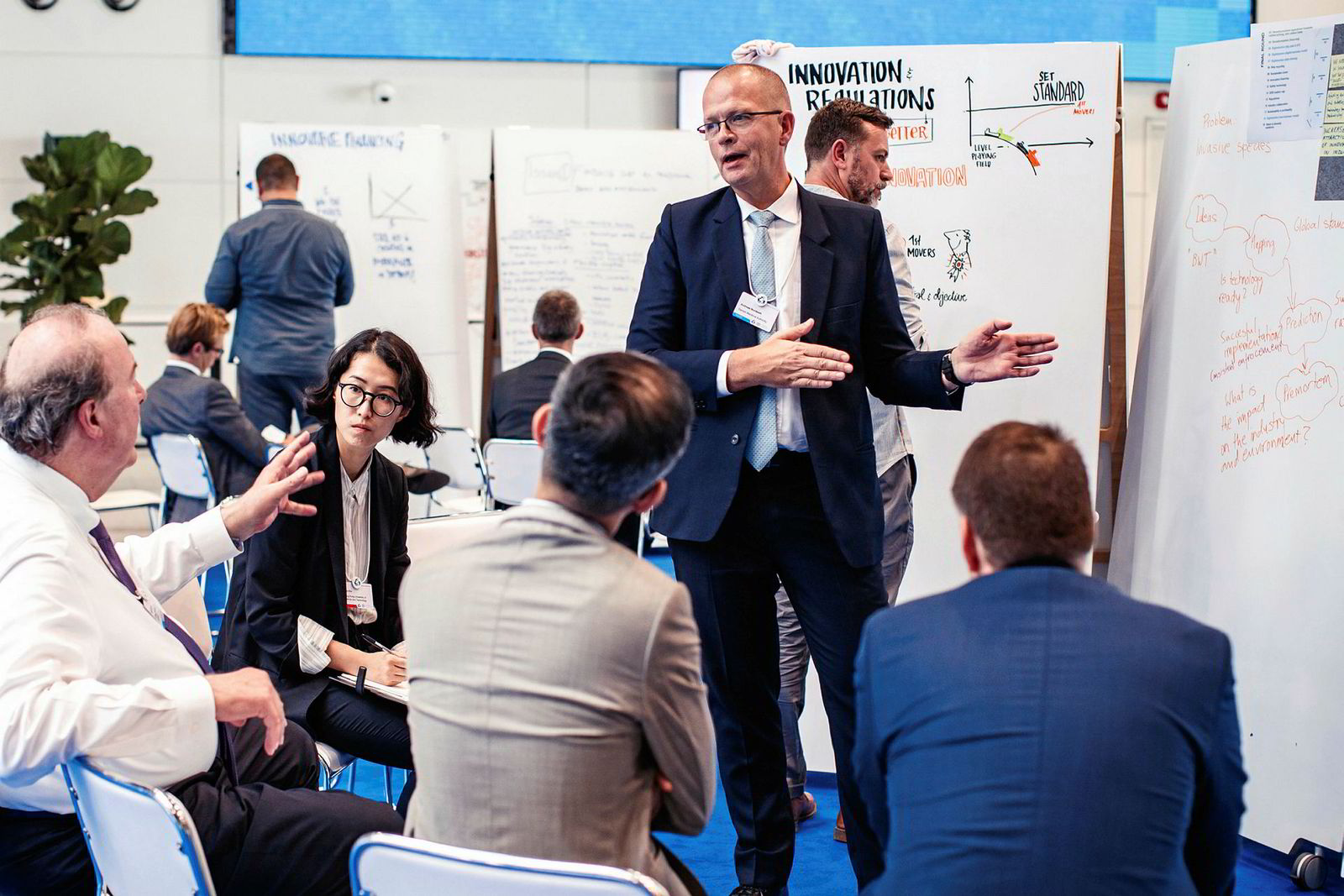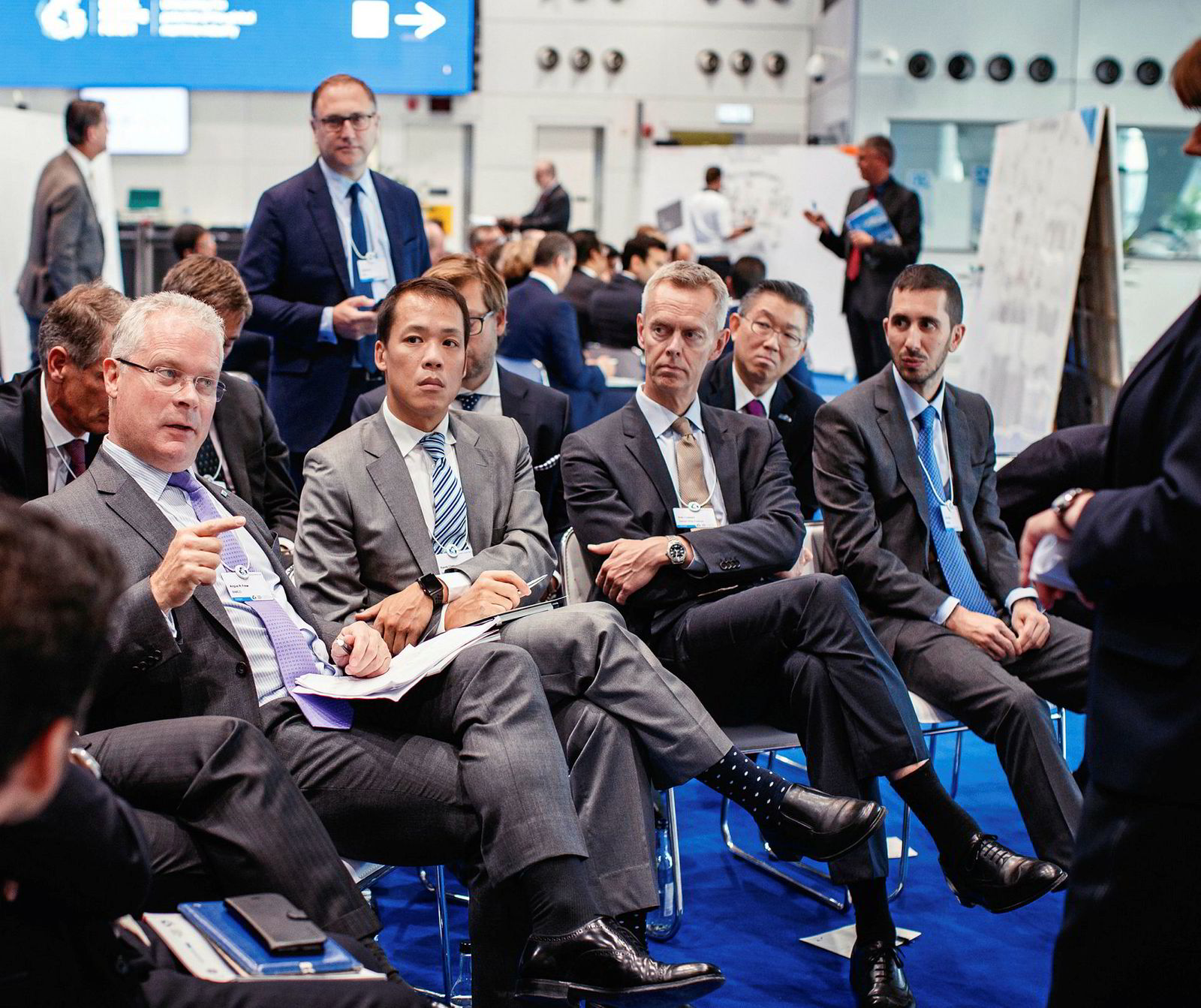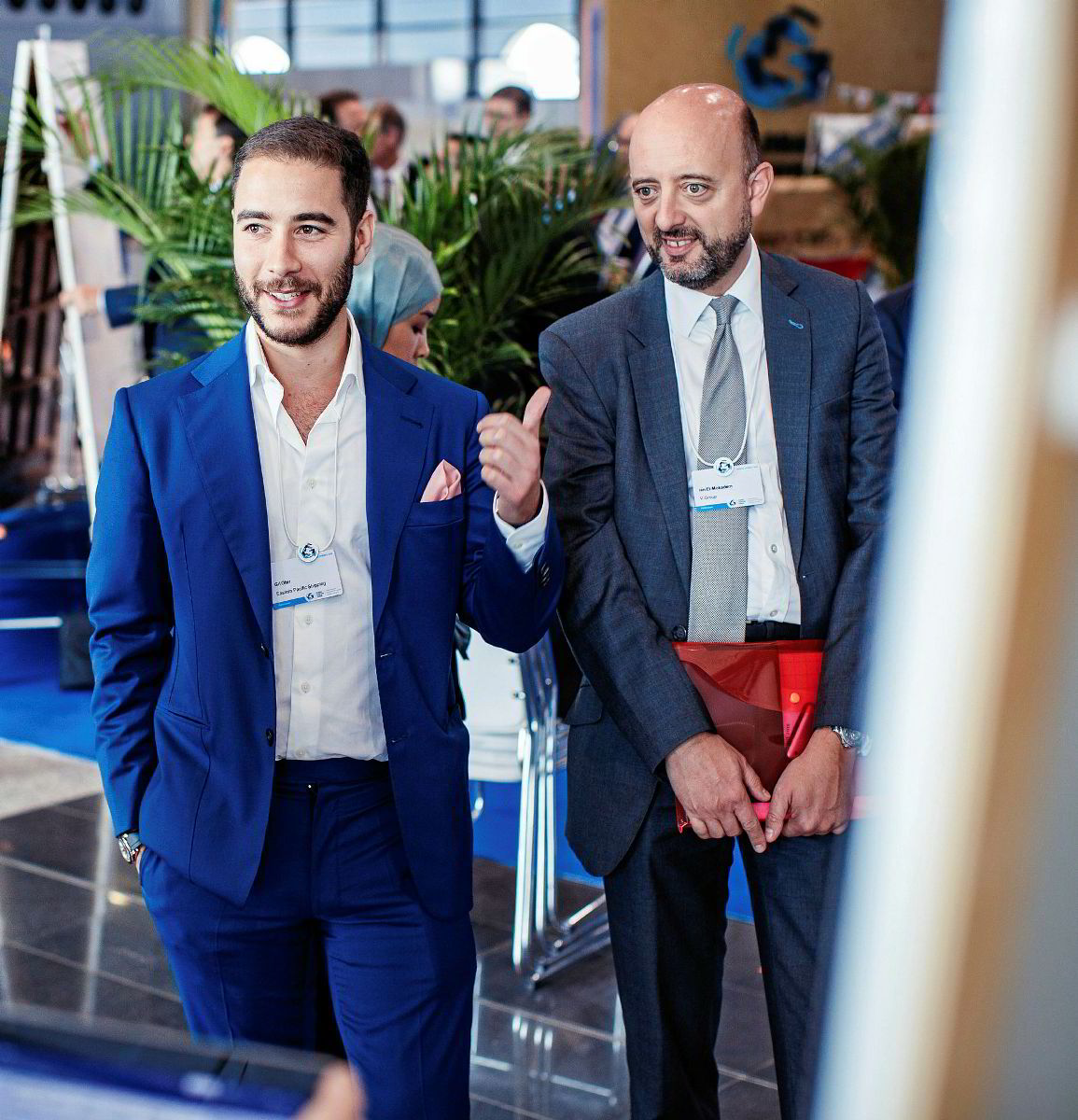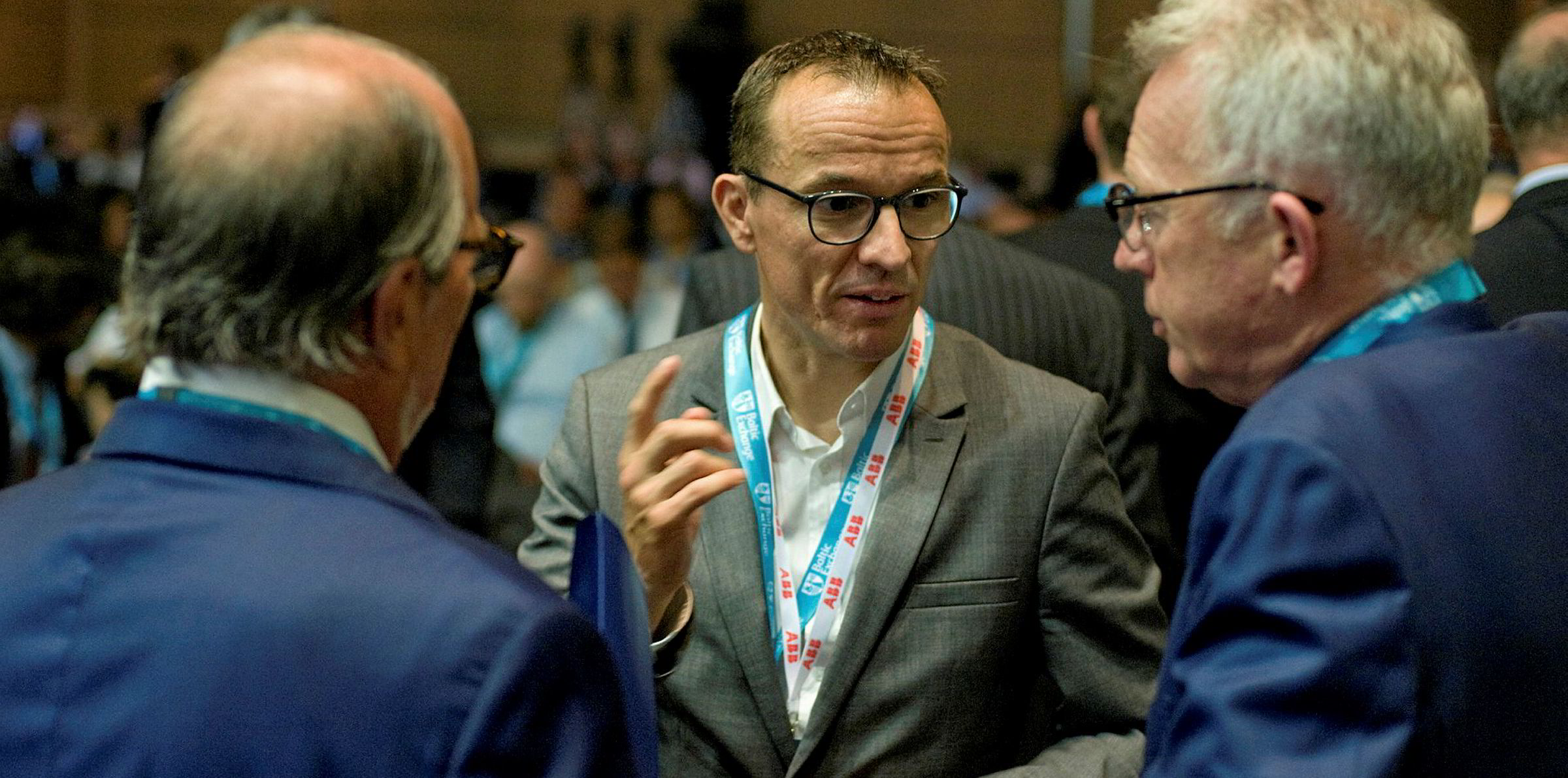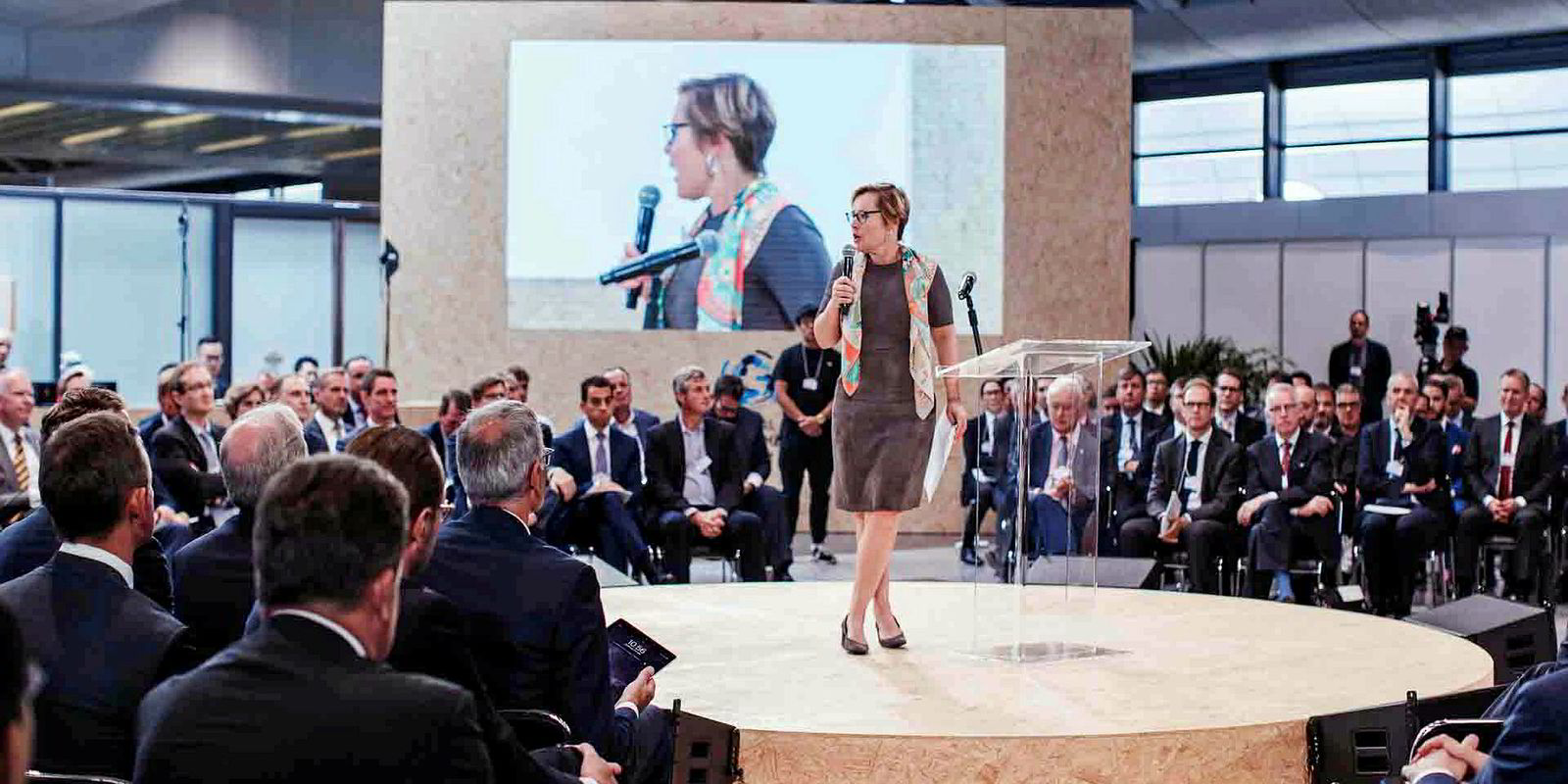A drive to halve the number of serious accidents at sea over the next decade emerged as a potentially major outcome of the first Global Maritime Forum annual summit last week.
The idea was floated by Grahaeme Henderson, vice president of shipping at Shell, at the end of two days of brain-storming and seminars at the innovative event in Hong Kong, which has been dubbed shipping’s mini-Davos.
Henderson revealed the plan in an impromptu presentation at a working group on safety issues to the nearly 200 delegates.
“Look around this room,” he told the group of senior executives from shipowners, traders, shipmanagers, banks and insurers. “This is the number of people we are killing every year. We need to make shipping part of the DNA” of the industry, he said.
In a sideways swipe at the event organisers and the new Hong Kong Cruise Terminal where the summit was held, he highlighted that there had been no safety briefing, and he claimed the fire doors were locked.
“We need to move together in safety,” he added. “The aim should be to make this a zero-accident industry. Safe companies are great companies.”
Industry coalition
Henderson hopes to bring together a coalition of shipowner associations, insurance bodies and others over the next six months to work towards understanding best safety practice across the industry by creating a common data resource.
He wants the industry to aim to cut serious accidents by 30% in five years and by 50% in 10 years. “Together, we can do so much, alone we can do so little. This is the most important item on our agenda.”
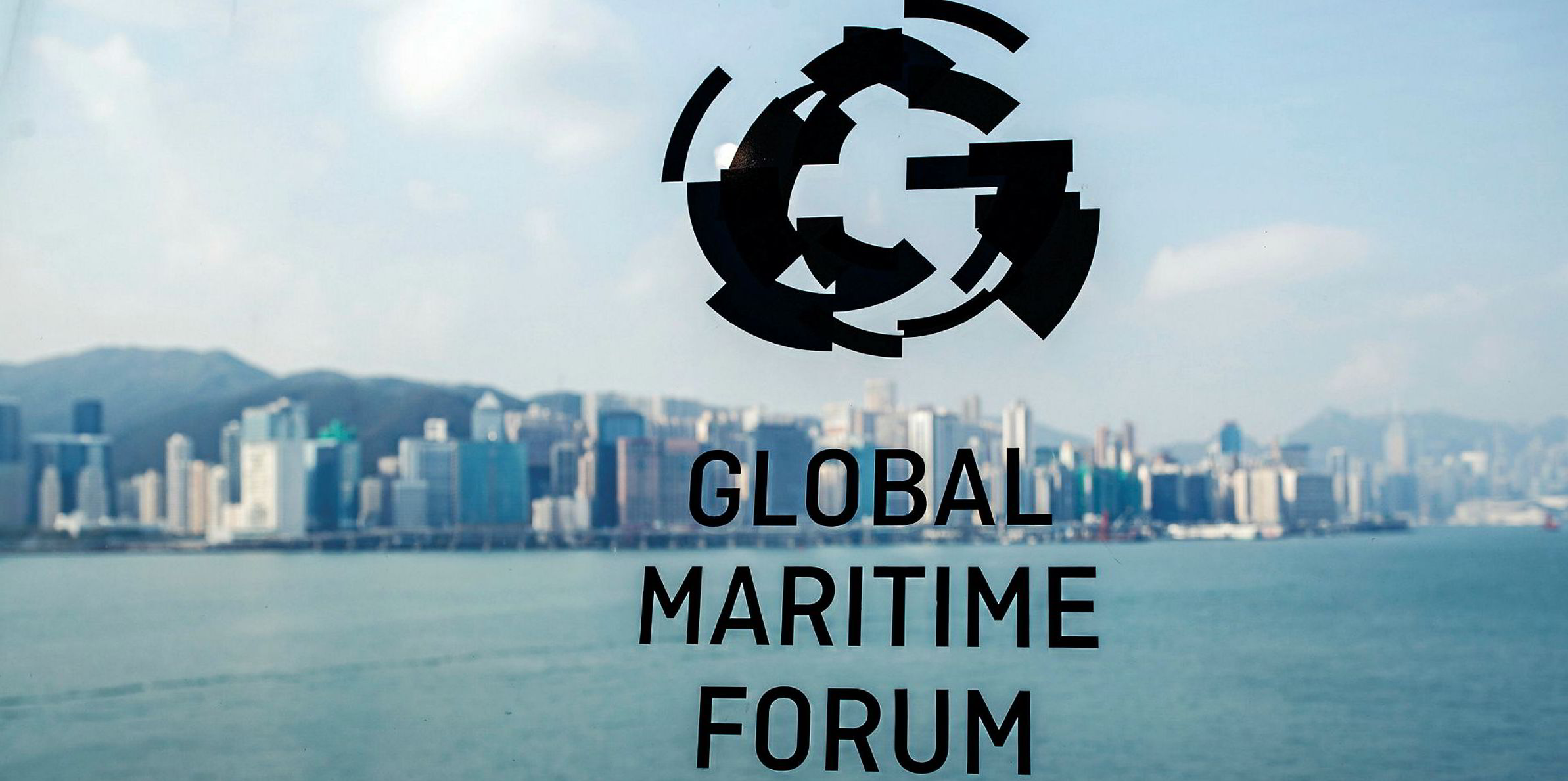
The Global Maritime Forum is the successor to the Danish Maritime Forum, which ran for three years from 2014 to 2016 with the aim of creating a platform for the collaborative development of industry approaches to major issues.
While safety had been on the long list of issues addressed at the Hong Kong summit, the forum chose to single out decarbonisation as the issue to bring delegates together.
Thirty-four leaders of companies present signed up to a call for action to hit the target to reduce greenhouse gas emissions by at least 50% by 2050, as highlighted by the IMO this year.
“We invite stakeholders from the entire maritime spectrum to join us on this new journey,” Claus Hemmingsen, vice chief executive of AP Moller-Maersk, said after the initiative was signed. “Global seaborne trade’s transition to a low-carbon future will propel both technological and business model innovation.
“The right incentives for accelerated investment into research and development can only come about if we get a global IMO-based regulation.”
Forum chairman Peter Stokes, senior advisor at Lazard, said the organisation had been founded on the idea that by bringing together leaders from across the global maritime spectrum, “we can achieve results together that we can’t achieve on our own”.
“After working with you here at our inaugural summit, I think it is fair to conclude that it is not just an idea, it is something that is really happening,” he added.
“At the opening of this event I quoted Lao Tzu, that a journey of a thousand miles starts with a single step.
“Over the past two days, we have taken our first step together as the global maritime forum community. And although it was a big step, there are many more to come in our journey.”
The 2019 Global Maritime Forum summit will be in Singapore on 30-31 October.
